- Details
- Category: Senator Karina Villa News
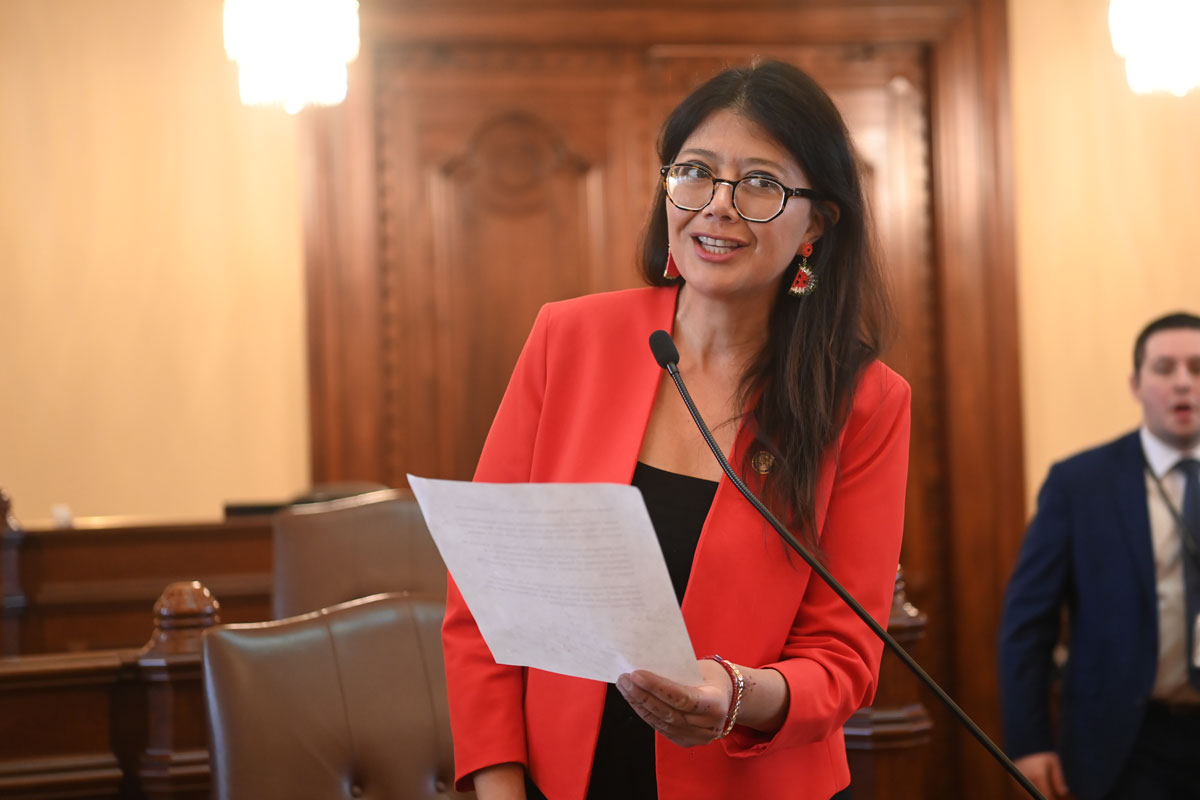 SPRINGFIELD – State Senator Karina Villa spearheaded a new law that fortifies safe drinking water standards to ensure residents have access to clean water.
SPRINGFIELD – State Senator Karina Villa spearheaded a new law that fortifies safe drinking water standards to ensure residents have access to clean water.
“When people are out in the community, they deserve to know that the water they use is safe,” said Villa (D-West Chicago). “Safe drinking water standards must be enforced to secure the health of our communities.”
The law allows the Illinois Department of Public Health to impose civil penalties against non-community water supplies that violate drinking water standards and clarifies that the Illinois Environmental Protection Agency is the primary agency responsible for implementing the Safe Drinking Water Act, consistent with federal law.
- Details
- Category: Senator Javier Loera Cervantes News
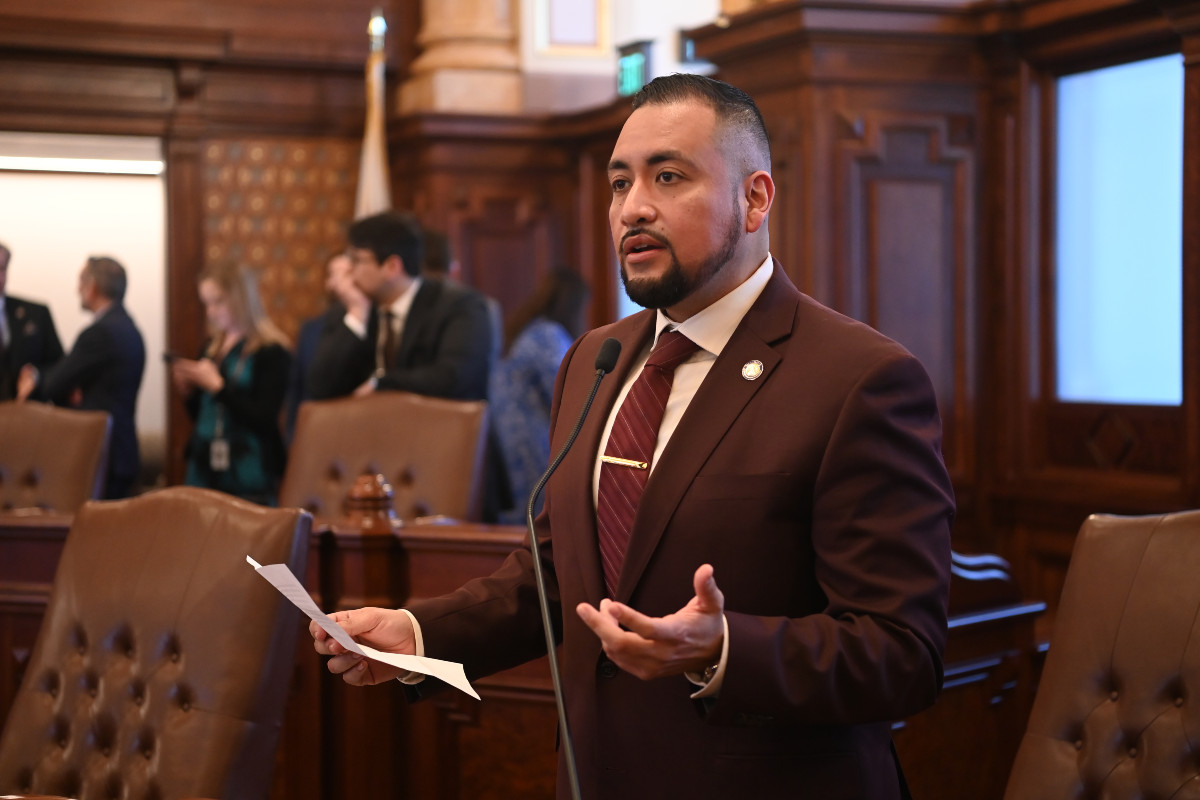 SPRINGFIELD – Lower income Chicago residents will have one more support in place to help them get back on their feet—any fines or fees from traffic violations will now be waived indefinitely, thanks to a new law championed by State Senator Javier Cervantes.
SPRINGFIELD – Lower income Chicago residents will have one more support in place to help them get back on their feet—any fines or fees from traffic violations will now be waived indefinitely, thanks to a new law championed by State Senator Javier Cervantes.
“What makes Illinois such a great place to live is that we show up for one another, and we believe in second chances,” said Cervantes (D-Chicago). “We do not believe someone should be forced into homelessness because they can’t afford to pay a speeding ticket. This new law extends grace to some of the most vulnerable members of our community, and I am proud to be a leader in getting it passed into law.”
Read more: Traffic fees to be waived for low income Chicagoans under new Cervantes law
- Details
- Category: Senator Robert Peters News
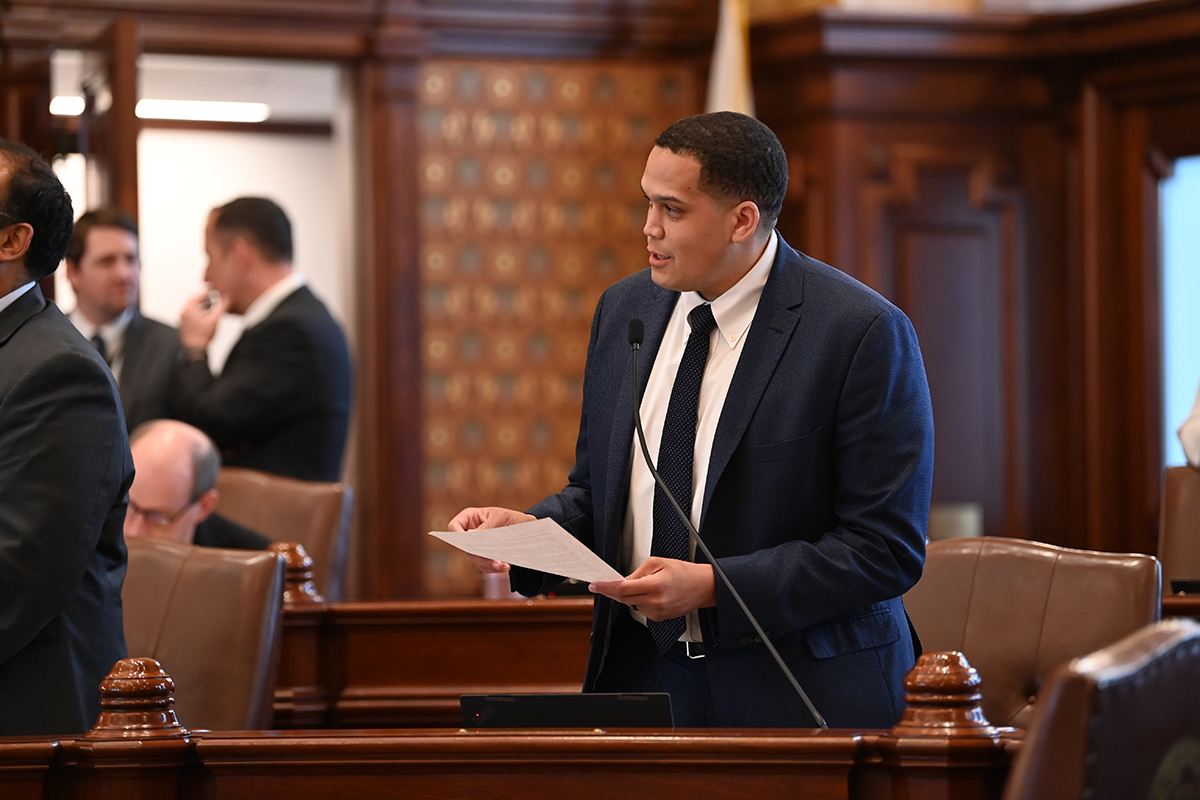 SPRINGFIELD — Across Illinois, workers are showing up, doing the job and still being paid less – simply because they are a woman or a person of color. A new law from State Senator Robert Peters is changing that by holding businesses accountable and making sure workers are paid what they are owed.
SPRINGFIELD — Across Illinois, workers are showing up, doing the job and still being paid less – simply because they are a woman or a person of color. A new law from State Senator Robert Peters is changing that by holding businesses accountable and making sure workers are paid what they are owed.
“Women and people of color deserve the same esteem as other workers in similar fields, and people who have worked hard to earn benefits deserve to take advantage of them,” said Peters (D-Chicago). “This law ensures businesses in Illinois treat our workers fairly, protecting their rights to equal pay and full access to their benefits.”
Read more: New law from Peters ensures equal pay, fair treatment on the job
- Details
- Category: Senator Laura Murphy News
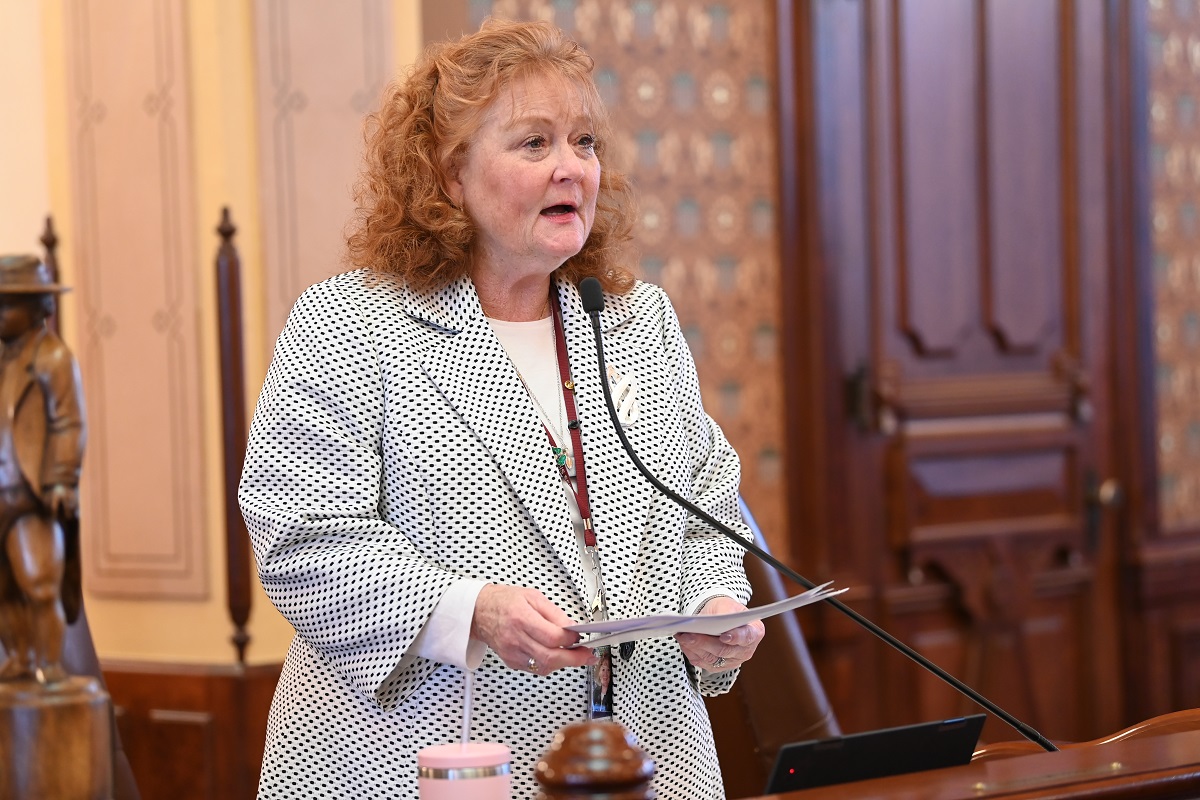 SPRINGFIELD – State Senator Laura Murphy’s law to bring to justice to victims of human trafficking by expanding the expressway camera program to target traffickers was signed into law Monday.
SPRINGFIELD – State Senator Laura Murphy’s law to bring to justice to victims of human trafficking by expanding the expressway camera program to target traffickers was signed into law Monday.
“With this law we send a clear message: Illinois is not a safe haven for human traffickers,” said Murphy (D-Des Plaines). “By empowering law enforcement with the tools necessary to identify human traffickers in real time, we are helping with investigations, increasing public safety and saving lives.”
Human traffickers often use highways to transport victims. Truck stops in particular are often hotspots for this kind of illicit activity and those vehicles can be tracked using an expressway camera.
Read more: Murphy law fights crime on expressways, protects residents’ privacy
- Details
- Category: Senator Christopher Belt News
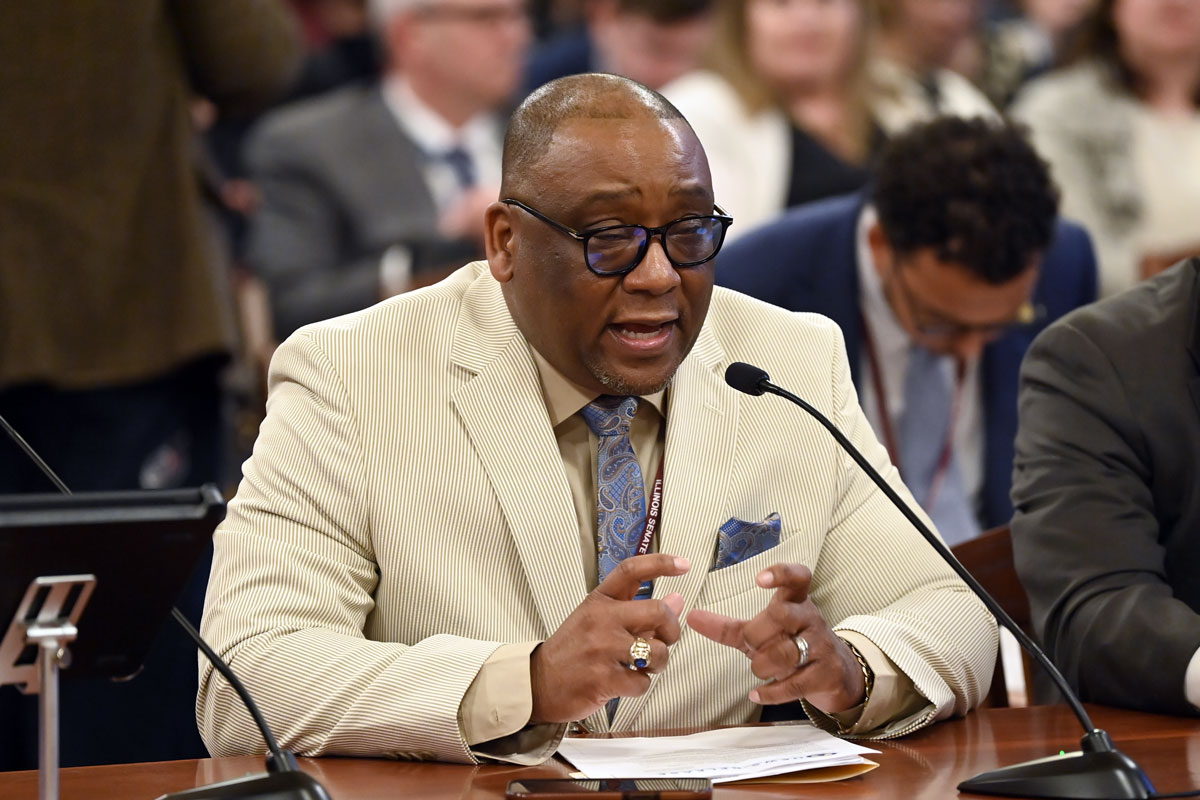 CHICAGO – Understanding that the college admissions process can be difficult for students to navigate, State Senator Christopher Belt worked to make the process easier for high school juniors, seniors and community college transfer students.
CHICAGO – Understanding that the college admissions process can be difficult for students to navigate, State Senator Christopher Belt worked to make the process easier for high school juniors, seniors and community college transfer students.
“Investing in our students is by far the best return on investment the government could get,” said Belt (D-Swansea). “This is essentially an automatic admissions program that students can opt in to. It will really help streamline the process for students and their families.”
Read more: Belt: Education is the government’s best return on investment
- Details
- Category: Senator Cristina Castro News
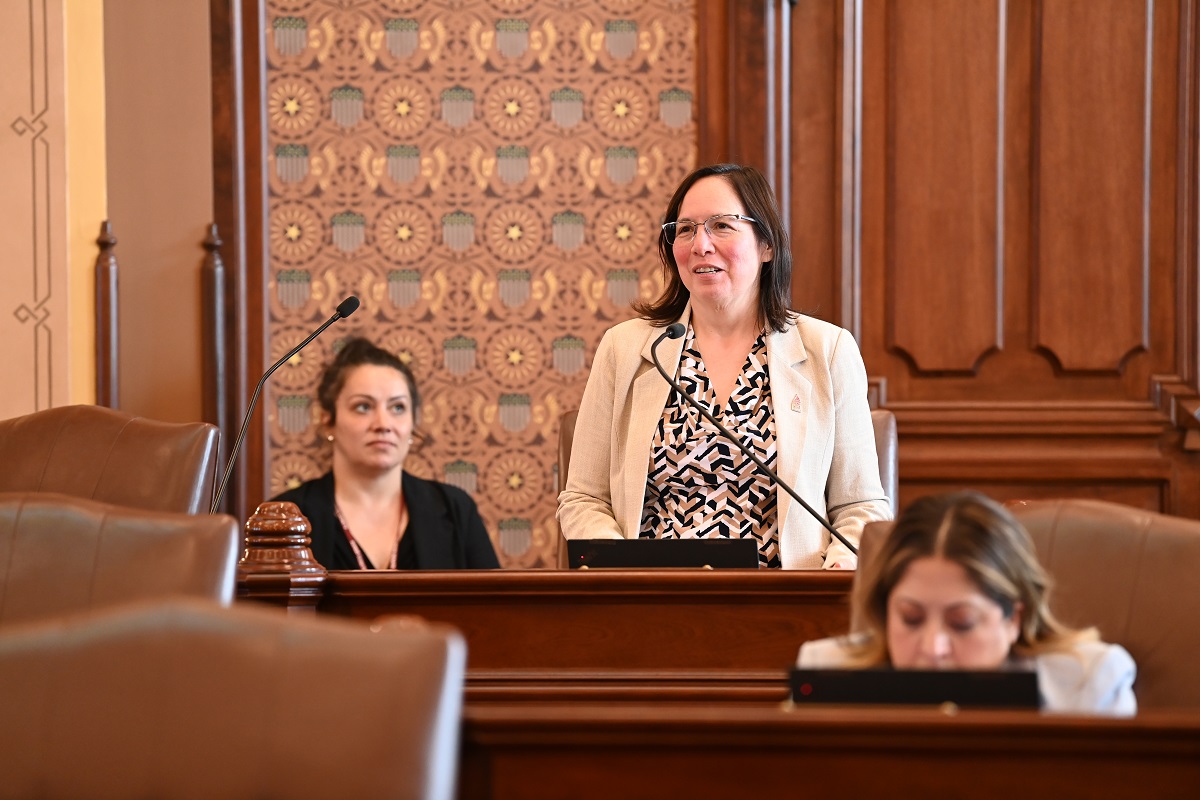 CHICAGO — Illinois students will soon have more opportunities to earn college credit during high school thanks to a new law spearheaded by State Senator Cristina Castro.
CHICAGO — Illinois students will soon have more opportunities to earn college credit during high school thanks to a new law spearheaded by State Senator Cristina Castro.
“The two biggest barriers facing students today are time and money,” said Castro (D-Elgin). “Dual credit helps lift this burden, giving high school students a head start so they can save money on tuition and accelerate the time it takes to earn a degree.”
Dual credit instruction makes higher education more attainable, especially for first-generation and lower-income students, by offering high school students the opportunity to earn both college and high school credit through a single course. Students who earn dual credit in high school complete their college and university degrees at higher rates and are often able to save money as a result of having fewer college credits to pay tuition for.
Read more: Castro’s new law expands dual credit opportunities for students
- Details
- Category: Senator Javier Loera Cervantes News
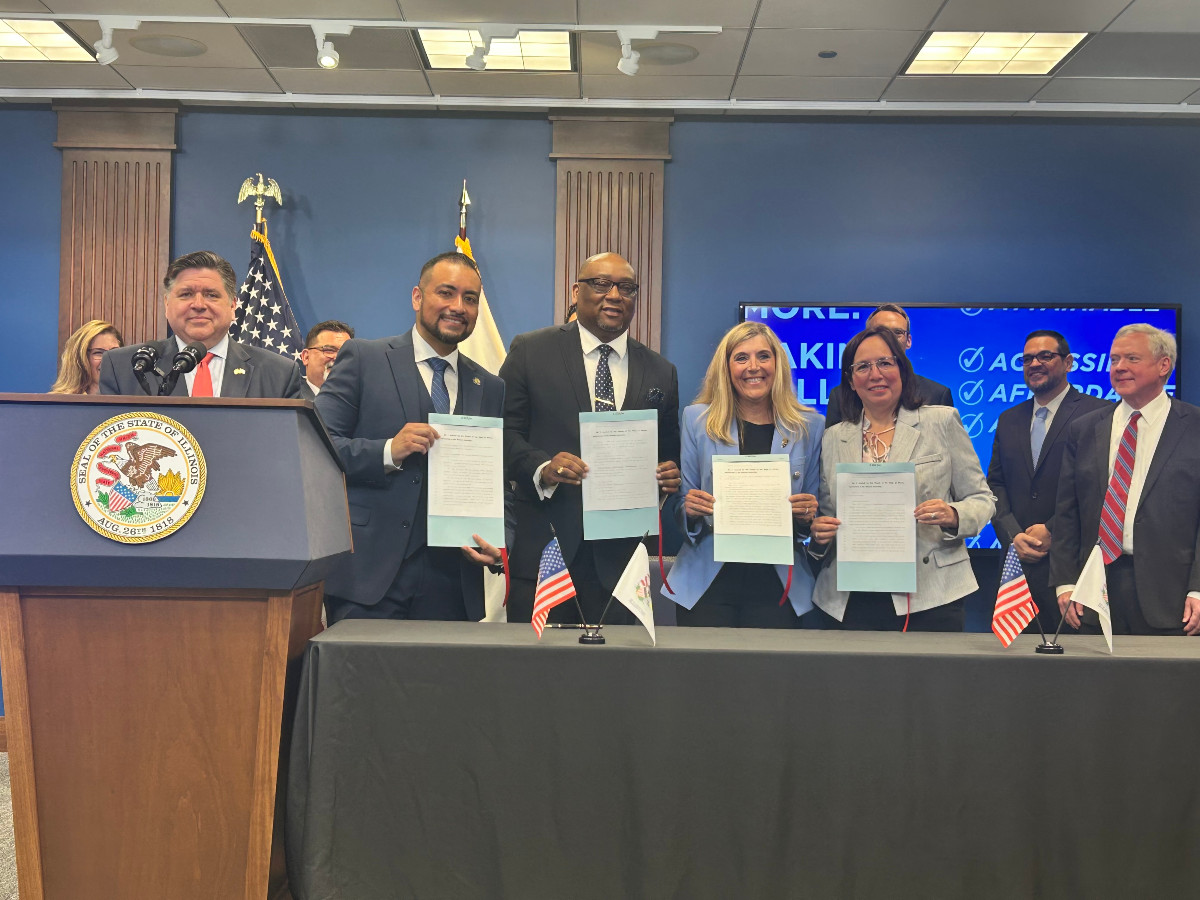 SPRINGFIELD—Thanks to two new laws led in the state legislature by State Senator Javier Cervantes, high school students may soon have access to more supports from their high schools when applying for college and filling out the Free Application for Federal Student Aid, more commonly known as the FAFSA.
SPRINGFIELD—Thanks to two new laws led in the state legislature by State Senator Javier Cervantes, high school students may soon have access to more supports from their high schools when applying for college and filling out the Free Application for Federal Student Aid, more commonly known as the FAFSA.
“The form is intended to give more students a chance of pursuing higher education,” said Cervantes (D-Chicago). “We should be doing everything we can to make sure it is as accessible as possible for people to complete, and this measure is a simple step to make completing it easier.”
Read more: More FAFSA supports for students secured thanks to Cervantes legislation
- Details
- Category: Senator Omar Aquino News
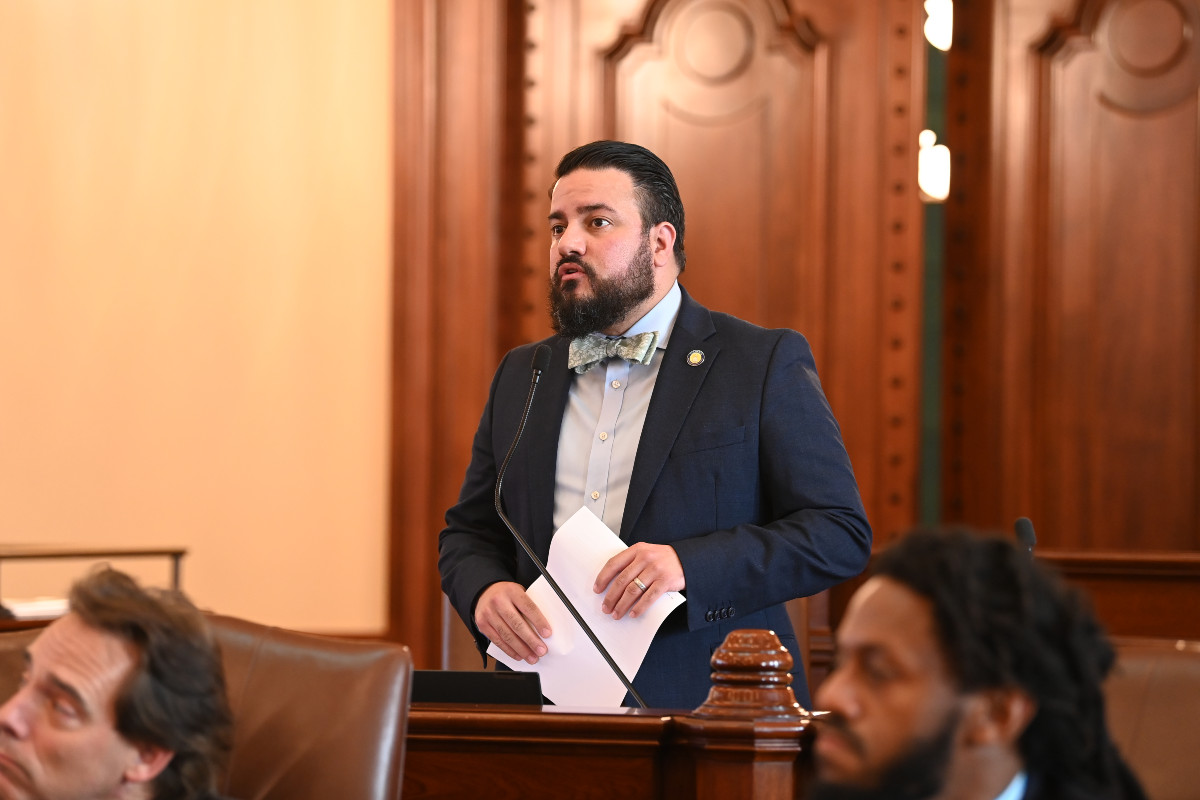
SPRINGFIELD – To protect the stability of safety net hospitals, State Senator Omar Aquino championed a new law that will generate additional revenue for hospitals across the state.
"As a patient of Humboldt Park Health, a designated safety net hospital, and the representative of two additional safety nets, I have experienced firsthand the contributions of these hospitals to the integrity of our communities by ensuring the health of our neighbors,” said Aquino (D-Chicago). “With the updates to the Hospital Assessment Program, we are ensuring that hospitals continue to provide critical services to our most vulnerable."
The Illinois Hospital Assessment Program was established in 2003 to help ensure low-income patients have access to health care services. The program was extended and expanded in 2022 to improve cash-flow predictability for hospitals, tying greater funding to higher Medicaid utilization. The program is funded through a special tax on Illinois hospitals, which is then matched by federal funds and redistributed to hospitals based on the volume of the Medicaid patients they serve and their level of care.
Read more: Aquino law expands support for safety net hospitals
More Articles …
Page 1 of 743